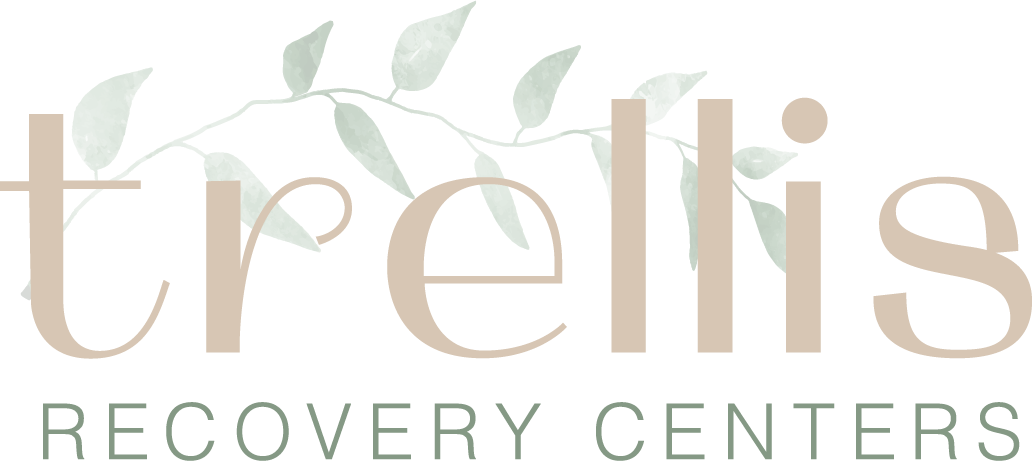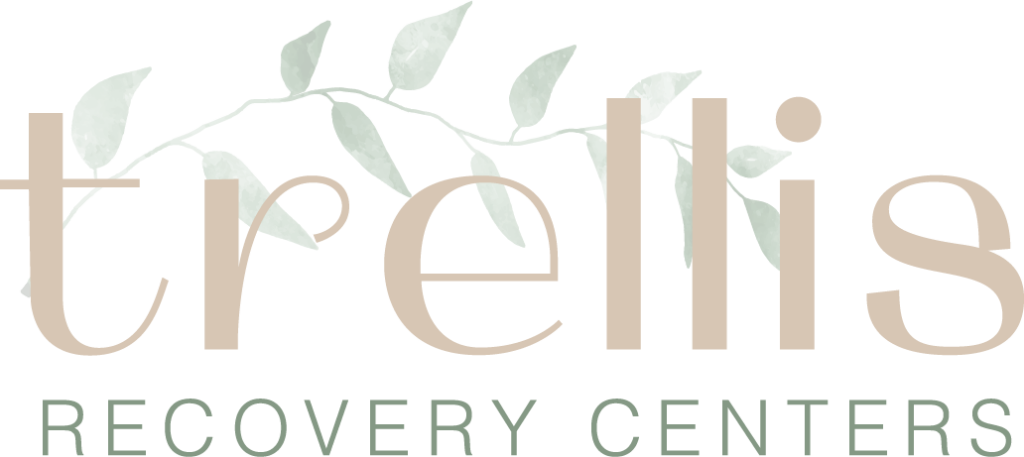When anorexia nervosa becomes a part of someone's life, it changes everything. It impacts a person’s ability to excel in school, hobbies, and extracurricular school activities. It also affects relationships with loved ones. When someone develops an eating disorder, they cannot simply "get over it" and recovery can be difficult to achieve on their own. They need multi-disciplinary, family-focused anorexia treatment that provides several types of evidence-based therapy. Trellis Recovery Center offers a residential anorexia treatment program in Los Angeles, California, that gives men and women a supportive respite from their daily lives and a place to work on repairing their relationships with food and their bodies.
Request a Confidential Callback
You have reached the maximum form entries. To contact our admissions team, please call 818-696-5639
What is Anorexia Nervosa?
Anorexia nervosa is a complex eating disorder that causes a person to focus on achieving and maintaining low body weight. They often have a distorted perception of their own size and use drastic and unhealthy weight loss measures. Despite popular belief, anorexia is most often about much more than the sole focus of body image and size. Anorexia nervosa, like all eating disorders, are psychologically complex and their impact can cause a great deal of physical damage to a person if left untreated.
For example, anorexia behaviors can be an attempt to feel control over certain areas of a person’s life when they feel out of control. That can be particularly true for women and men who have yet to learn the life skills that allow them to cope with the many challenges in their lives. As such, eating disorders often act as maladaptive coping skills. These can be replaced with more effective coping skills through participating in the kind of anorexia treatment provided at Trellis Recovery Centers in Los Angeles, CA by our eating disorder trained professionals.

Signs & Symptoms of Anorexia Nervosa
When a person develops anorexia nervosa, it can be difficult to identify the problem initially. It is common for men and women to become focused on their looks and try to live up to impossible beauty standards fostered on them by the media. Sadly, this means family members or friends often initially think they are “just” dieting or experiencing typical angst about their bodies.
Instead, they may have developed concerning anorexia nervosa behaviors they are not even aware of themselves. A key aspect of our anorexia treatment at Trellis Recovery Centers involves gently guiding the individual and their support system in recognizing the problem so that it can be treated early and effectively here in Los Angeles, California. Behavioral signs and symptoms of anorexia to look out for include:
- Obsessively dieting and focusing on weight
- Constant exercising
- Counting calories and other nutritional information in their food
- Moving food around on their plate but not really eating much
- Chewing food and then spitting it out
- Wearing baggy clothes to hide weight loss
- Negative self-talk related to how they look
- Fixation on bodies, whether their own or others’
- Communicating negative self-view
- Reporting they are “not hungry” or have “already eaten” at mealtimes
- Presenting with rigid food rules
- A focus on eating “clean” or “healthy.”
The individual may also exhibit physical and medical signs of anorexia, including:
- Pale or gray skin
- Change in sleep patterns
- Headaches
- Light-headedness
- Fainting
- Loss of hair
- Feeling cold
- Low blood pressure or heart rate
- Lanugo, a fine, downy hair that grows on the body in an attempt to regulate body temperature.
- Dry and/or brittle hair, skin, and nails
A man or a woman with anorexia may also feel depressed, anxious, or moody. For some, the psychological effect extends to suicidal feelings and thoughts.
Dangers
A multitude of physical dangers can happen to someone who has anorexia. When left untreated, some of these dangers can put a person’s life in jeopardy. Common dangers of anorexia include the following:
- Damage to the heart
- Osteoporosis
- Muscle loss
- Kidney damage
- Gastrointestinal disease
- Anemia
- Loss of period in females
- Decreased testosterone in males
- Nausea
- Constipation and diarrhea
- Electrolyte imbalances
- Refeeding syndrome
- Attempts at suicide

Why Go to a Treatment Center for Anorexia?
Anorexia is shown to have the highest mortality rate of any eating disorder. Individuals with anorexia have a mortality rate of 5.35, which means they are five times more likely to pass away compared to those in their age range without this eating disorder. Waiting for someone to “get over” anorexia can be dangerous.
Beginning professional, multi-disciplinary anorexia treatment in Los Angeles can help a man or a woman go from helpless to empowered and increases their likelihood of achieving long-term eating disorder recovery. Trellis Recovery Centers is dedicated to guiding every individual toward this by supporting them in recognizing that they have, within themselves, the ability to change their relationships with their body and food and live fulfilling lives recovered from their eating disorder. Without early intervention, anorexia nervosa can continue into adulthood and become more difficult to overcome.
How Does Treatment for Anorexia Work in Los Angeles?
Anorexia treatment at Trellis Recovery Centers in Los Angeles, CA involves engagement in individual, groups, and family sessions rooted in several types of therapy that are proven to support eating disorder treatment and recovery such as:
- Dialectical Behavior Therapy (DBT)
- Cognitive Behavioral Therapy (CBT)
- Somatic Therapies
- Mindfulness
We also offer Exposure Response Prevention (ERP) therapy, which helps women and men face their fears and overcome them. ERP provides therapist-supervised trips into the community for exposure to environments females will likely both experience and struggle with such as restaurants, farmer’s markets, or clothing stores. Clients can apply what they learn in treatment sessions and learn to effectively cope with challenging and triggering situations such as ordering a meal, buying food, or shopping for clothes.
Benefits of Our Los Angeles Anorexia Treatment Center
Attending our residential anorexia treatment provides individuals with the opportunity to explore their eating disorder beliefs and behaviors in a safe, comforting, and nurturing environment. Our multi-disciplinary team provides those in our care with support while also encouraging autonomy and accountability for their own recovery. This reduces access to eating disorder behaviors and, in doing so, encourages use of more fulfilling beliefs and effective methods of coping.
The skills that we instill in the people we treat support not only eating disorder recovery but general coping. This provides them with the building-blocks to overcoming all challenges life may throw at them in treatment, upon returning home, and in the future.
Eating disorder-trained professionals available to each client include:
- Therapists
- Registered Dietitian (RD)
- Psychiatrist
- MD
- Nurses (RN and LVN)
- Chef
- Mental Health Workers
We also place an emphasis on keeping the clients support system informed on how they are doing, which allows the entire family unit to understand, support, and heal. Our therapists help families learn how to communicate effectively and understand how to help their loved ones succeed at living a life free of an eating disorder.

Begin Anorexia Treatment in Los Angeles, CA
Has your life been impacted by anorexia? Trellis Recovery Centers provides well-rounded, family-focused anorexia treatment in Los Angeles, California that helps men and women develop skills and cognitions that will lead to eating disorder recovery as well as more effective emotional development. Our compassionate, friendly, and eating disorder trained staff are sensitive to the unique treatment needs that women and men have and use this knowledge to best treat those in our care. We work with diverse populations and provide an individually tailored approach for each person. From there, we help them by providing several types of therapies to overcome their mental health disorder and live happier healthier lives.
If you would like more information on how our program works, contact us today.

